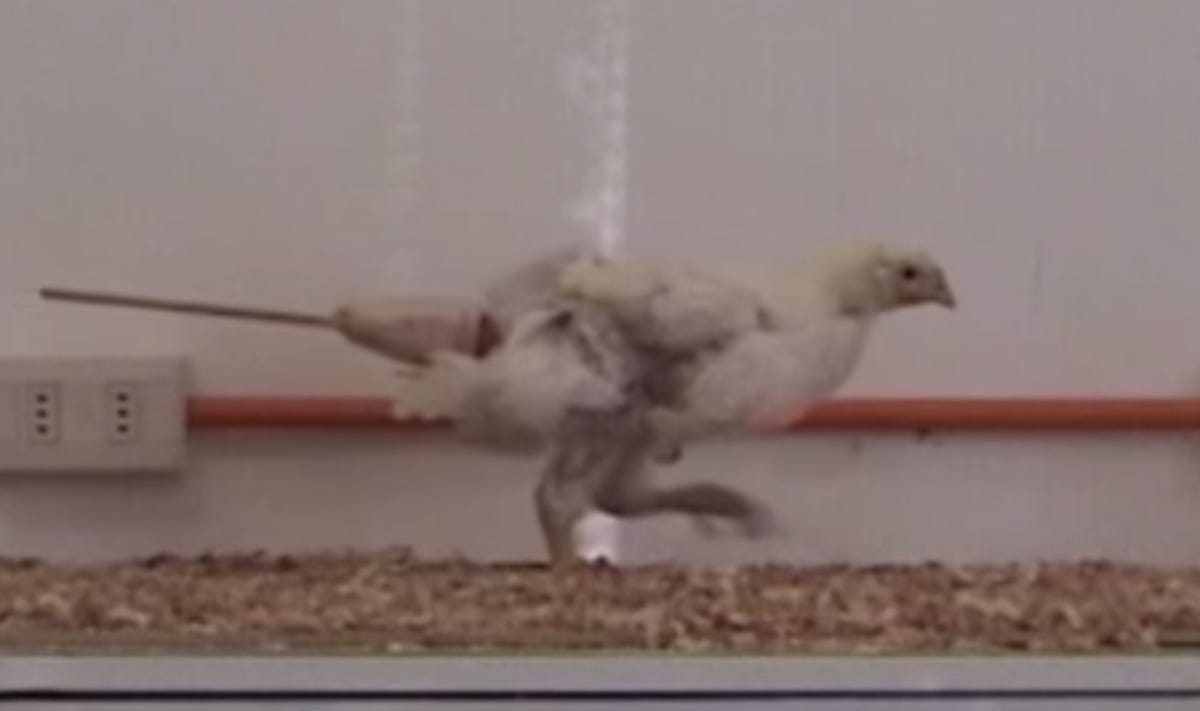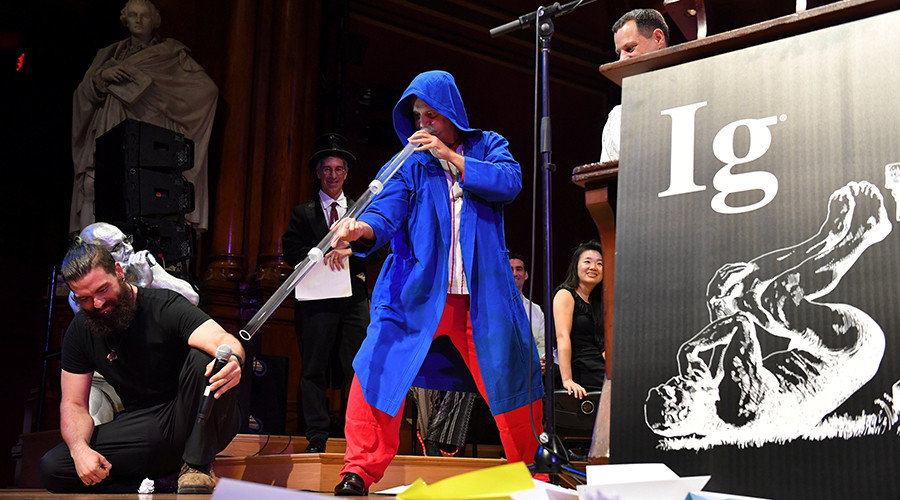When a scientist wins the Nobel Prize, it usually means they’ve cracked some scientific code previously left a mystery. But not all Nobel Prizes are made equal. The following experiments will likely leave you with more questions than not. These Nobel Prizes will first make you laugh, and then make you think. It’s surprising to learn scientists studied how the mating season of anchovies affects the ocean’s motion, why scientists lick rocks, and why pregnant women don’t tip over.

ADVERTISEMENT - CONTINUE READING BELOW
Dead Spiders As Gripping Tools
Have you ever noticed how a dead spider curls up its legs when it dies? Two scientists, that go by the name of Te Faye Yap and Daniel Preston, were the pioneers of “macrobiotics,” which studied exactly this. It sounds wild, but the experiment was even wilder. They wanted to figure out exactly why these spider’s legs curled when it died. Spiders only have muscles that flex their legs with hydraulic pressure, so when the scientists tapped into the hydraulic systems with a needle, they discovered they could use their legs like a claw machine.
Preston said, “One of the things we are most excited about with this work is that nature builds this robotic actuator or gripper for us. One of the biggest advantages is the simplicity of the approach. We can make small-scale robotic components like these grippers with basically one simple step.” Then plan to use these wild grippers to collect fragile materials like insects. They’re positive the animals in the wild won’t mind a random spider appearing and then disappearing (The Scientist).



































